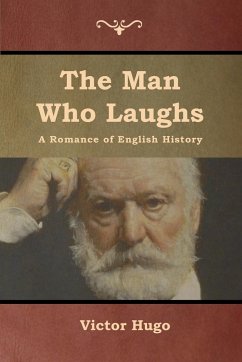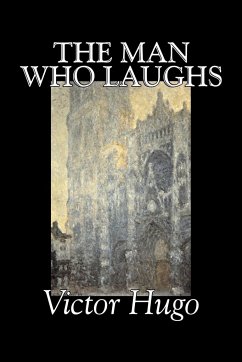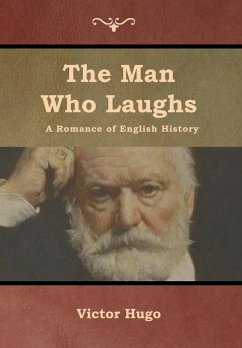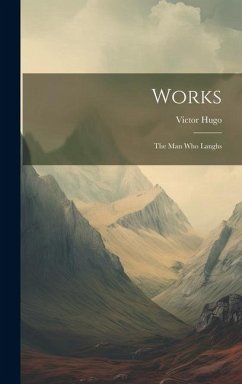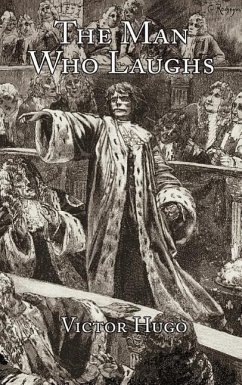
The Man Who Laughs A Romance Of English History

PAYBACK Punkte
16 °P sammeln!
"The Man Who Laughs: A Romance of English History" by Victor Hugo is a compelling historical novel set in 17th-century England. The narrative revolves around the character Gwynplaine, a young boy whose face is disfigured into a perpetual grin, following a traumatic event. As he grows up, Gwynplaine navigates the complexities of society, grappling with issues of identity, love, and social injustice. Hugo's poignant exploration of Gwynplaine's experiences delves into themes of societal prejudice, human resilience, and the quest for inner dignity. Through vivid and evocative storytelling, Hugo we...
"The Man Who Laughs: A Romance of English History" by Victor Hugo is a compelling historical novel set in 17th-century England. The narrative revolves around the character Gwynplaine, a young boy whose face is disfigured into a perpetual grin, following a traumatic event. As he grows up, Gwynplaine navigates the complexities of society, grappling with issues of identity, love, and social injustice. Hugo's poignant exploration of Gwynplaine's experiences delves into themes of societal prejudice, human resilience, and the quest for inner dignity. Through vivid and evocative storytelling, Hugo weaves a tale that reflects the challenges of the human condition and the struggle for compassion and understanding in a world marked by superficial judgments. "The Man Who Laughs" stands as a powerful testament to Hugo's mastery of narrative and his profound insights into the complexities of human emotion and societal dynamics.





